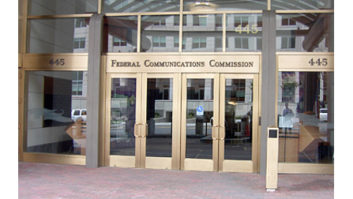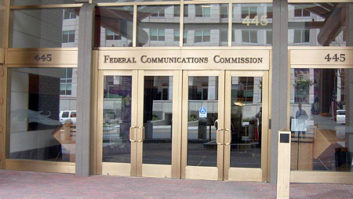Comment deadlines have been established for the FCC’s proposals to change the rules governing Travelers Information Service stations.
Travelers Information Stations operate as low-power stations in the AM band; they’re limited to 50 watts of power if feeding a cable antenna or 10 watts if using a traditional radiating antenna.
The stations may not transmit commercial information. This service is not available to individuals or groups, only to governmental entities and park districts; TIS stations transmit non-commercial travel-related information to motorists on a localized basis.
Government agencies such as the Highway Information Systems and the American Associations of State Highway and Transportation Officials, as well as some TIS licensees including the American Association of Information Radio Operators, asked the commission to consider expanding the scope of the TIS.
The service was created in 1977; commenters are asking the FCC to let TIS stations transmit more general alerts and public safety-related information to the public, including non-motorists.
The agency now is asking what limits to impose on TIS stations, if it does in fact expand their abilities. The American Associations of State Highway and Transportation Officials commented that since the original rules were adopted in 1977, “there has been an explosion in the amount of information to which travelers may have access.” It wants the FCC to refocus the type of information that should be permitted on TIS stations to include information intended to promote situational awareness, according to the commission’s proposal.
In its Notice of Proposed Rulemaking, the commission seeks public comment on questions such as should TIS stations be able to transmit at higher power levels and in more locations and air information such as NOAA Weather Radio retransmissions and Amber Alerts.
Federal Register publication triggered the deadlines. Comments to PS Docket No. 09–19 are due Feb. 18 and replies by March 7.
Related:
“FCC Considers Expanding Role of TIS”






